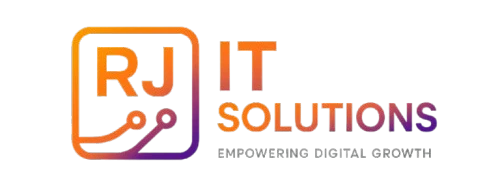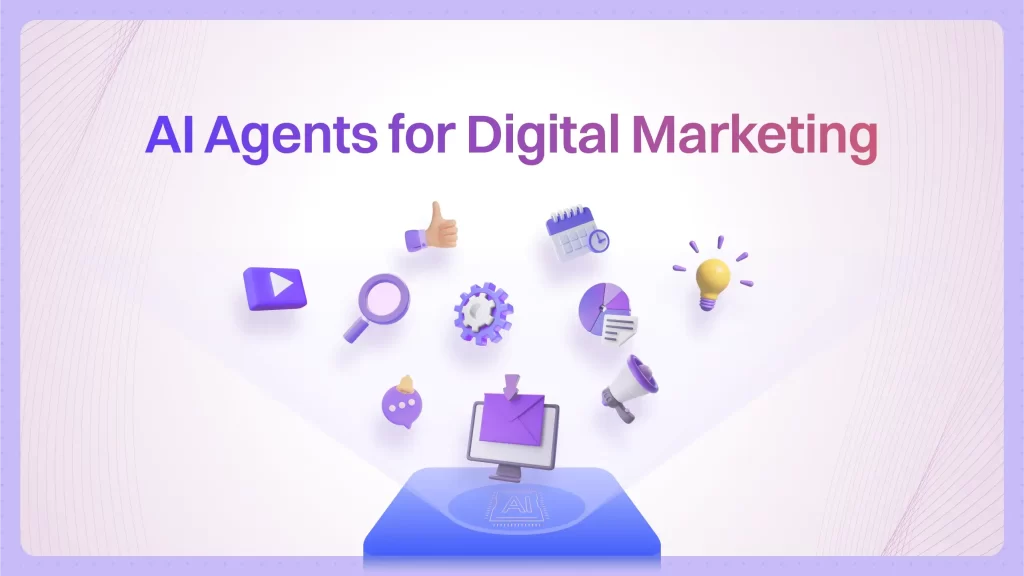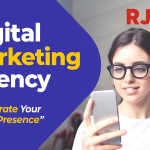How to Use AI Agents in Digital Marketing
Traditional marketing runs in cycles: plan, execute, measure, adjust, and repeat. This reactive model leads to unavoidable delays—you’re always responding to opportunities or issues after they arise. AI agents disrupt this cycle by enabling ongoing, proactive optimization.
Take paid advertising, for example. Traditionally, marketers review campaign performance weekly, making manual changes based on what’s already happened.
AI agents flip this model. They continuously monitor performance in real time, identifying trends as they develop and acting instantly. If a certain ad starts outperforming others, the agent can immediately reallocate budget. If conversion rates drop on a channel, it can investigate and adjust—no need to wait for the next review meeting.
This shift from occasional tweaks to continuous optimization dramatically boosts marketing performance:
- Opportunities are seized faster
- Problems are addressed more quickly
- Resources are allocated more effectively
The result: a marketing operation that’s agile, data-driven, and better aligned with evolving market conditions and customer behaviors—creating a major competitive edge.
A New Division of Labor: Humans + AI Agents
As AI agents take on more of the tactical execution, marketing teams are evolving into new roles that emphasize uniquely human strengths.
- Humans excel at emotional intelligence, creative storytelling, relationship-building, and ethical decision-making.
- AI agents shine at handling large datasets, identifying patterns, executing repetitive tasks, and maintaining consistency across channels.
In this hybrid model, human marketers focus on strategic thinking, creative development, stakeholder engagement, and oversight—while AI agents handle execution, analytics, personalization, and performance optimization.
The Economics of AI Agents
The financial case for AI agents is reshaping how marketing budgets are viewed—shifting the conversation from cost management to investment strategy. Research cited by Ethan Mollick suggests that 80% of tasks performed by AI agents cost less than 10% of what a human expert would charge. With AI capabilities doubling roughly every seven months, the cost-efficiency only improves.
AI agents deliver the most value in three key scenarios:
- Scale: Tasks like personalizing content for thousands of customer segments become manageable and affordable.
- Speed: Rapid market shifts and competitor moves require real-time reactions that AI can deliver.
- Complexity: With hundreds of variables across multiple platforms, AI agents can optimize what’s simply too complex for human teams alone.




